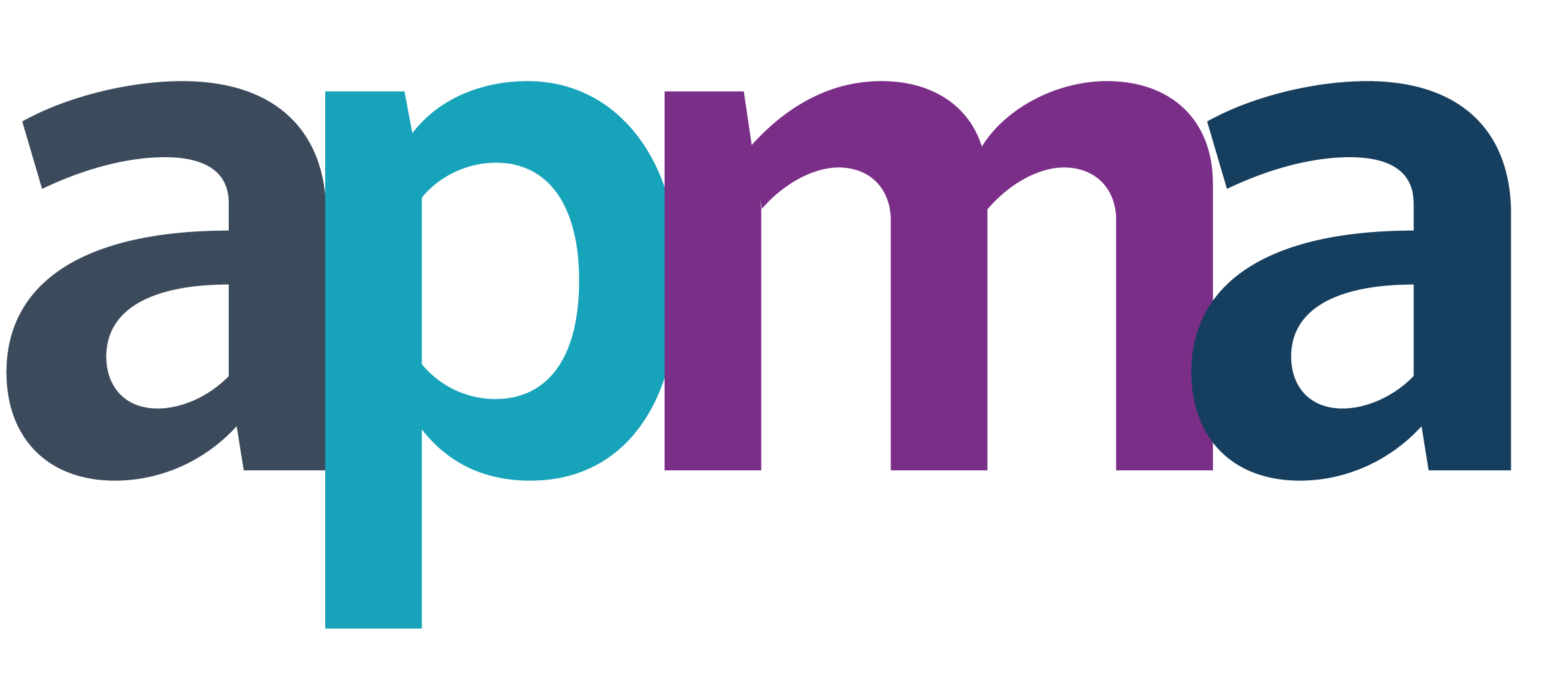
The Advertising Standards Authority (ASA) has upheld five separate complaints against affiliate ads featured on Instagram.
The rulings all refer to Instagram accounts failing to signpost commercial links within their posts as ads.
In four of the cases, the relationship was brokered by a subnetwork.
Given the focus on social posts, the rulings also demonstrate how the worlds of affiliate and influencer marketing are increasingly converging. This requires transparent and robust processes to avoid future sanction.
The CAP Code
The ASA upholds the CAP code, a set of rules that govern non-broadcast advertising, sales promotions, and direct marketing in the UK.
It last updated explicit guidance for ad disclosure and affiliate marketing in May 2023.
Regarding social media posts, the ASA states “if an influencer’s social media post depicts and refers to a brand for which the influencer has signed up as an affiliate advertiser, the CAP Code is likely to apply to the post in its entirety”.
Rule 2.1 of the CAP Code requires that marketing communications are identifiable as such. The Code also states that marketing communications must make clear their commercial intent, even if that is not obvious from the context. This is where the requirement to label affiliate links kicks in.
The ASA has not provided explicit guidance for every type of affiliate on achieving compliance with the Code. It has previously ruled that a lack of consumer understanding of the term ‘affiliate’ against commercial links means this should not be used. Instead, the use of ‘ad’ or ‘#ad’ alongside affiliate links has become standard.
The ASA also recognises that some affiliate content is commercial in intent (such as cashback or advertising banners). This activity does not require disclosure but it can create some blurred lines. Affiliates should take legal advice or weigh up how easily identifiable content is as commercial in intent.
Obligations
The APMA reminds the affiliate community that everyone has a part to play in upholding the CAP Code. This is reinforced by the ASA, which states, “both the business and the affiliate marketer are responsible under the Code, notwithstanding the fact that the ads may have been created solely by the affiliate without any input from the business themselves”.
This underlines the importance of robust processing of affiliate applications alongside ongoing auditing and monitoring of affiliate content. Brands could find they’re non-compliant without being aware of activity happening on their programmes. Ignorance is no defence.
With affiliate marketing rulings in one week, this may indicate the ASA is honing in on influencers. It also coincides with a surge in affiliate links being posted to social media, emphasising the need for additional vigilance.
Some affiliate businesses released products aimed at helping affiliates achieve compliance.
In 2020, APMA member, Awin, launched an ad disclosure tool alongside ongoing guidance. Fellow APMA member Rakuten has also published a publisher guide to disclosure.
The APMA recommends you contact your network or platform for advice, and you familiarise yourself with your obligations outlined by the ASA.


